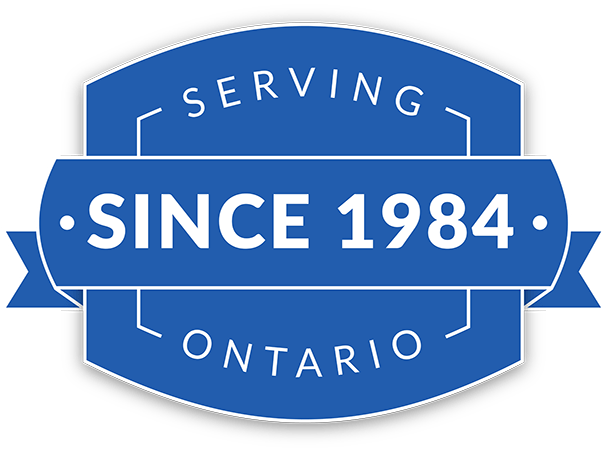Winterizing your home is an important practice. It can help prevent injuries to yourself or others that could have serious medical or financial repercussions. Giving proper attention to your gutters, furnace, driveway and landscaping will keep you and your family safe this season. The tips below will ensure a happy winter.
Get the Fireplace Ready
Has it been a while since your chimney was properly cleaned? If so call a chimney sweep to remove accumulations of soot and creosote. You may also want to put a cap on the top to keep out birds, pests and rodents. All firewood should be stored in a dry place away from the exterior of your home. Make sure the damper opens and closes properly, and inspect mortar between bricks and tuckpoint.
Inspect Your Furnace
At this time of year, a qualified HVAC professional should inspect your furnace and clean the ducts. You will want to buy plenty of furnace filters and change them regularly. Is your thermostat programmable? If not you’ll want one that is. It could cut your energy bill and allow you to feel even more comfort in your own home. If you live in a home with a hot-water radiator, make sure to bleed the valves. You can do this by opening them a touch, and then closing them as soon as water appears.
Exterior Doors And Windows
If you notice any cracks or crevices in the outside of your home, be sure to seal them as soon as possible. Weatherstripping your doors can be a great way of preventing cold air from coming in. Inspect your windows for any cracks in the glass. If windows need to be replaced entirely, use primer and a fresh coat of paint on the wood surrounding them. Window wells for any basement windows should be covered with a plastic shield. Installing storm windows is a great precaution. Short of that, be sure to remove all summer screens and replace them with glass covers.
Roof Gutters And Downspots
If weather in your city or town falls below zero degrees Celsius you might want to consider adding extra insulation in the attic. The benefit? Warm air will have a difficult time creeping up to your roof and causing ice dams. Speaking of your roof, it would be a good idea to check it for worn out tiles or shingles. Make sure to clean the gutters and clear away debris with a hose. Adding leaf guards to your gutters to direct water away from your home is a great practice as well.
Check Foundations
All debris and vegetation should be raked away from the foundation of your home. Cracks and entry points should be sealed up to prevent small animals from crawling inside. It is worth knowing that mice can slip into spaces even as thin as a dime. Crawlspace entrances should be secured, and still plates should be inspected for both pest infestation and dry rot.
Prevent Plumbing Freezes
You should know where your water main is so that you can shut it off in case of emergency. Drain your garden hoses, and insulate all exposed plumbing. If your AC has a valve to shut off water, turn it off and also drain air conditioner pipes. When on vacation, leave the heat on and set it to 12 degrees at a minimum.
Install Smoke & Carbon Monoxide Detectors
This is important for fire and poison prevention. Smoke detector batteries should be charged when daylight saving time ends. Carbon monoxide detectors should be installed near water heaters and furnaces. Test them and make sure they are working properly. Do you have a fire extinguisher? If so, get one and replace it every ten years.

